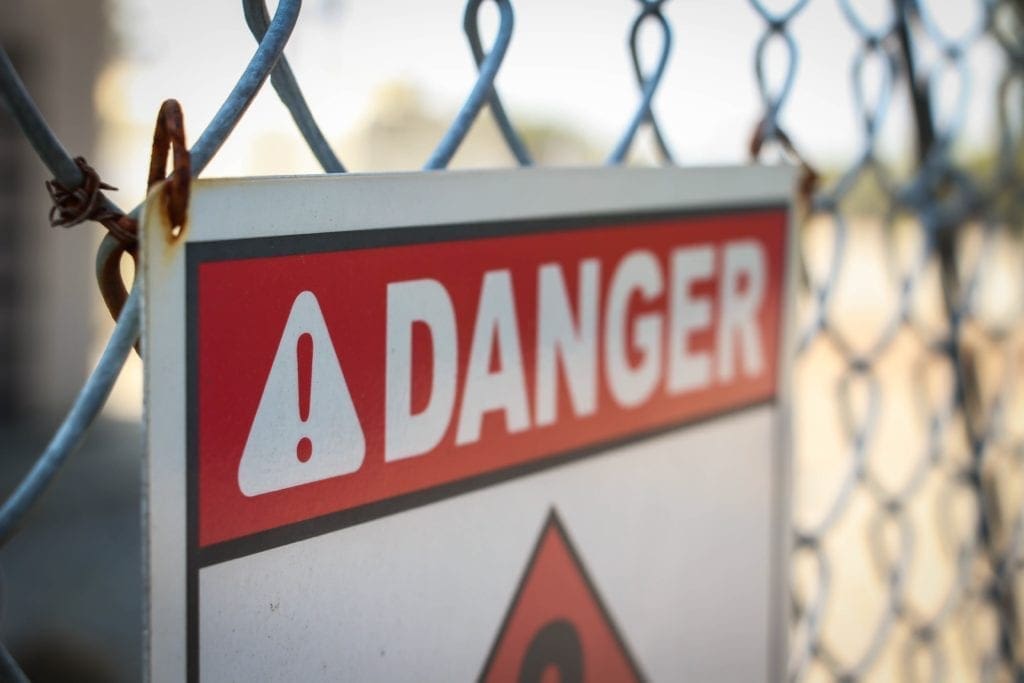Illinois is cementing its status as one of the most anti-gun states in the country.

Democratic Representative Kathleen Willis introduced House Amendment 1 to House Bill 96, which would place a health warning for prospective gun owners.
According to the NRA-ILA, this amendment “would criminalize private transfers, require local law enforcement to obtain warrants to seize firearms from holders of revoked Firearm Owner’s Identification Cards (FOID), and make the process to apply for a FOID card more expensive and cumbersome by requiring applications be made in person with Illinois State Police (ISP).”
Now, there are new reports about how this bill will make FOID applicants receive a Surgeon General-style warning about the potential dangers that come with firearms ownership.
The warning specifically says:
Warning: The presence of a firearm in the home has been associated with an increased risk of death to self and others, including increased risk of suicide, death during domestic violence incidents, and unintentional deaths to children and others.
Illinois is a logical starting point for this type of gun control bill. It was one of the states most affected by the gun control tsunami of 2018 that followed the Parkland shooting.
According to Guns & Ammo magazine, Illinois is the 41st best state for gun owners. For a state like Illinois, this kind of a gun control proposal does not seem far-fetched.
HB 96’s emphasis on firearms posing a “public health” problem is one of the latest strategies that anti-gun advocates have used to advance gun control. The American Medical Association declared on June 12, 2018, that gun violence is a “public health crisis”, thus necessitating more gun control.
Another derivative of this strategy is the use of mental health to justify the passage of the so-called “red flag” gun confiscation orders and other forms of gun control. This assumption seems reasonable at first glance, but evidence from a study Mental illness and reduction of gun violence and suicide found that around 4 percent of violence is connected to mental illness.
Indeed, the evidence of mental illness playing a role behind gun violence is dubious at best. However, there’s something stronger at play. The appeals to health are tactics that date back all the way to the Soviet Union. Soviet Union authorities gained notoriety for using psychiatry to imprison their opponents. Those who held views outside the party line would be considered “crazy” and subject to brutal “re-education” programs.
The Soviet Union collapsed but the specter of its tyrannical tactics haunts the halls of legislatures nationwide. Attempts to associate mental health with gun violence will likely grow as our political climate becomes more polarized and people to continue to accept the state as the micromanager in human affairs. What’s truly sad is how the plight of the mentally ill, who deserve our sympathy and support, is used as a political football to move statist causes.
But anything goes in the free-for-all that is politics.




















